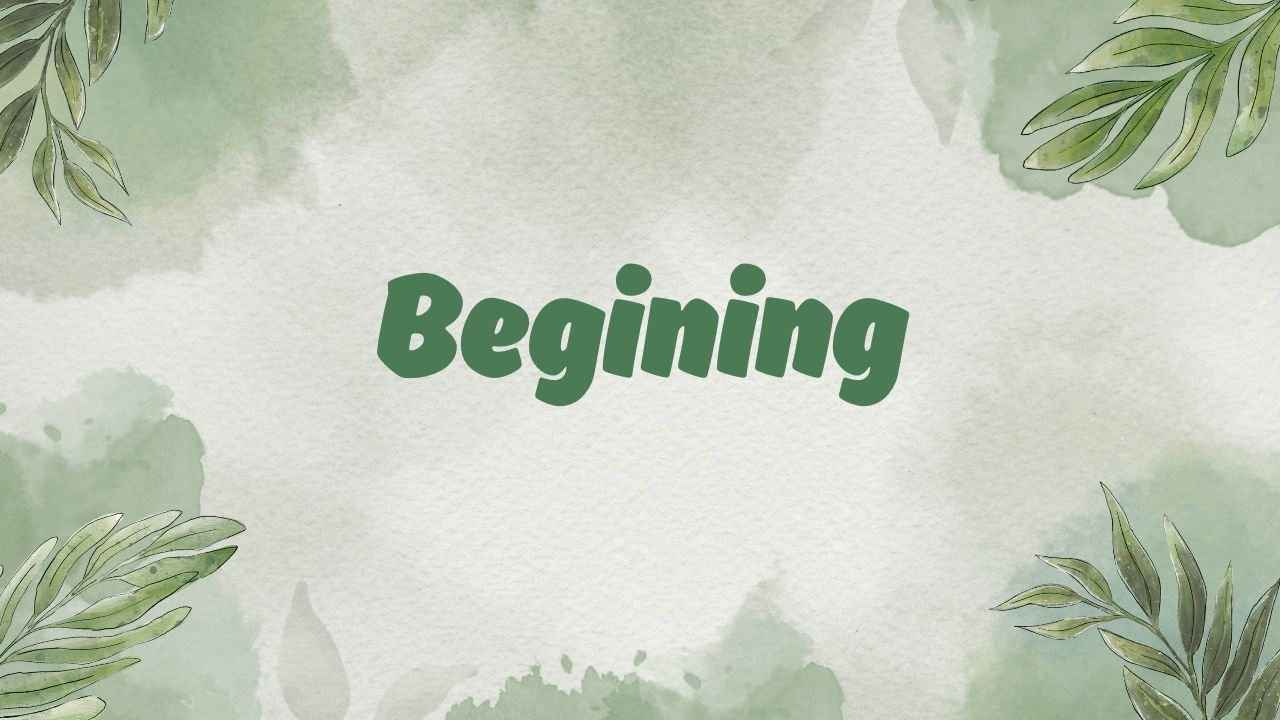The word “beginning” holds a special place in our language. It marks the start of something new, whether it’s a journey, a project, or even just a simple story. However, many people often stumble when trying to spell this seemingly straightforward term. You’ve probably seen “begining” pop up now and then, perhaps in your own writing or from friends who are equally perplexed by its tricky spelling. It’s easy to overlook such details, but mastering them can significantly enhance your communication skills. Let’s dive into the common pitfalls surrounding this word and explore how you can ensure that your writing shines with precision!
Common misspellings and mistakes of the word
One of the most frequent misspellings of “beginning” is “begining.” This simple omission of one ‘n’ can easily go unnoticed.
Another common mistake involves adding extra letters, leading to variations like “beginnning” or “beggining.” These errors often stem from confusion over phonetics and the word’s structure.
Writers may also accidentally use similar-sounding words such as “beigning,” which is incorrect in every context. Misplacing vowels can create further confusion, resulting in forms like “biginning.”
These mistakes highlight how essential attention to detail is when writing. A single letter difference can change clarity and professionalism in your work.
The importance of using correct spelling in writing
Correct spelling plays a crucial role in effective communication. It enhances clarity and allows your message to shine through without distractions.
When readers encounter misspelled words, their focus shifts from your ideas to the errors. This can lead to misunderstandings or loss of credibility.
In academic and professional contexts, proper spelling is often seen as a reflection of competence. Mistakes may imply carelessness, which can harm your reputation.
Moreover, good spelling contributes to the flow of reading. It helps maintain engagement and keeps the audience interested in what you have to say.
Investing time in honing your spelling skills pays off significantly. Strong writing creates trust and invites readers into your world with confidence.
Proper usage and definition of
The word “beginning” refers to the initial stage of something. It marks the start or commencement of an event, action, or process. Understanding its definition is crucial for proper usage.
When we talk about a beginning, it can apply to various contexts: a story’s first chapter, the dawn of a new era, or even personal development milestones. Each scenario emphasizes change and potential.
Using “begining” incorrectly can alter meaning and confuse readers. Clarity is vital in effective communication.
For instance, saying “At the begining of this project…” introduces ambiguity. Instead, use “At the beginning of this project…” for precision.
Remember that context matters when using any term. The right word sets the tone and conveys your message accurately while enhancing your writing’s overall impact.
Examples of sentences using
Understanding how to use “beginning” correctly can enhance your writing.
For instance, you might say, “The beginning of the story captivated my attention.” This showcases its role in indicating the start of something.
Another example is, “She felt nervous at the beginning of her presentation.” Here, it emphasizes a moment filled with anticipation.
In academic contexts, one could write, “At the beginning of each semester, students set new goals.” It highlights an important transition period.
Casual usage could include a sentence like, “I love the beginning of spring when flowers bloom.” This paints a vivid picture and evokes emotions tied to seasons.
These examples illustrate that using “beginning” accurately allows for clear communication. Each instance helps convey timeframes or initiate thoughts effectively.
Tips for remembering the correct spelling
One effective tip is to break the word into smaller parts. For “beginning,” think of it as “be-gin-ning.” This approach simplifies memorization.
Another strategy is to visualize the word. Picture it written out in bold letters or write it down multiple times. The more you see and interact with the spelling, the easier it becomes to remember.
You can also create a mnemonic device. Associating “beginning” with a phrase like “Big Elephants In New Gardens Inspire New Growth” helps reinforce its correct form.
Practice makes perfect! Try using “beginning” in your daily writing or conversations. Consistent use solidifies your memory.
Don’t shy away from spell-check tools. They provide immediate feedback and help you learn from mistakes while ensuring accuracy in your work.
Conclusion: Why it’s important to pay attention to spelling and how it can improve your writing skills
Paying attention to spelling is crucial for effective communication. When you misspell a word like “beginning,” it can lead to confusion or misinterpretation of your message. Proper spelling reflects professionalism and care in your writing, which can enhance the credibility of your work.
Every time you write, whether it’s an email, essay, or blog post, correct spelling helps convey clarity and precision. It allows readers to focus on what you’re saying rather than being distracted by errors. This attention to detail builds trust with your audience and showcases your commitment to quality.
Improving your spelling skills not only enhances individual pieces of writing but also contributes to overall literacy and confidence in written expression. Small changes in how you approach words can make a significant difference in how others perceive you as a writer.
By practicing regularly and employing tips for remembering tricky spellings like “beginning,” you’ll find that correct usage becomes second nature over time. Investing effort into mastering spelling will elevate both your personal and professional communications.

